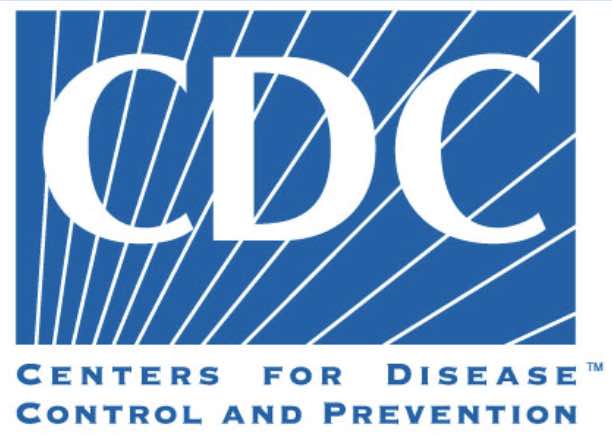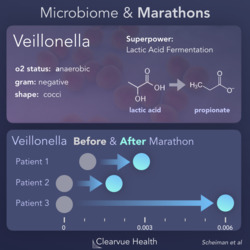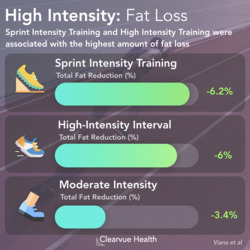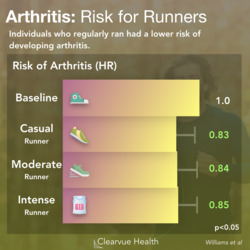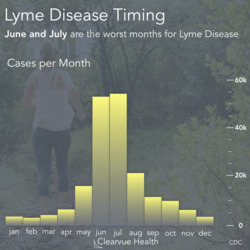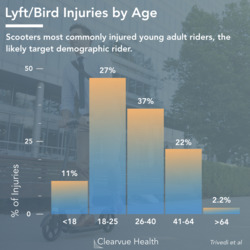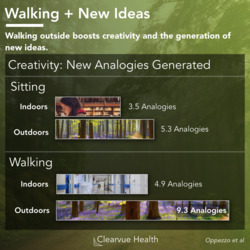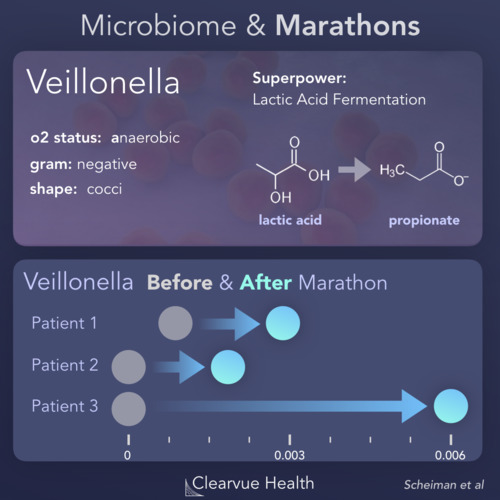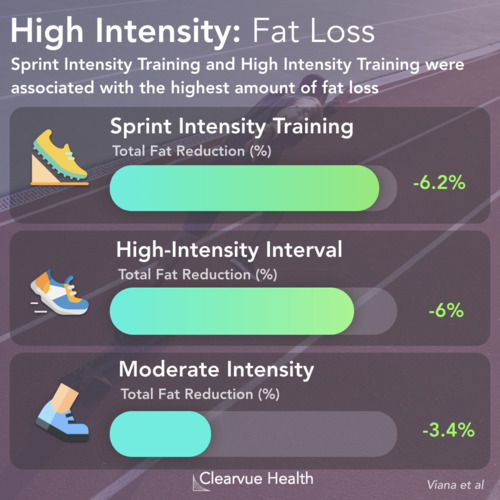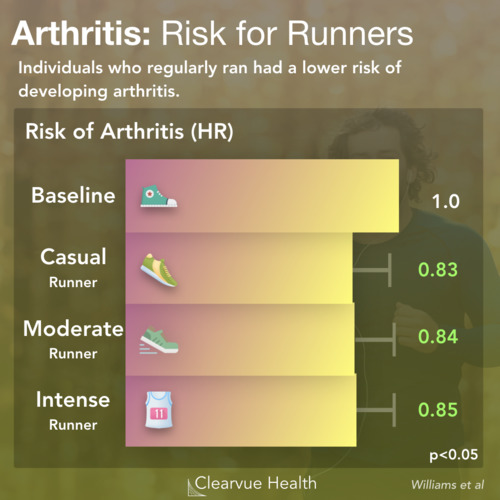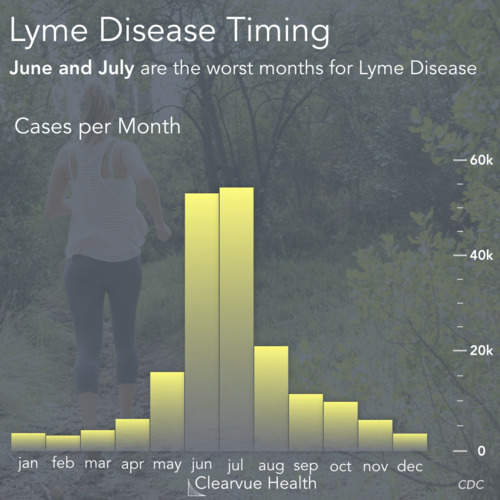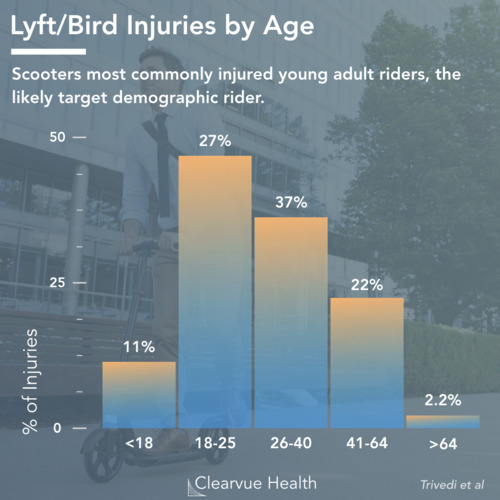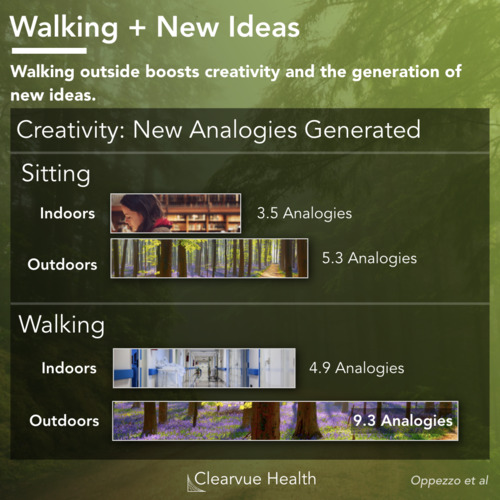Do you really need 10,000 steps?
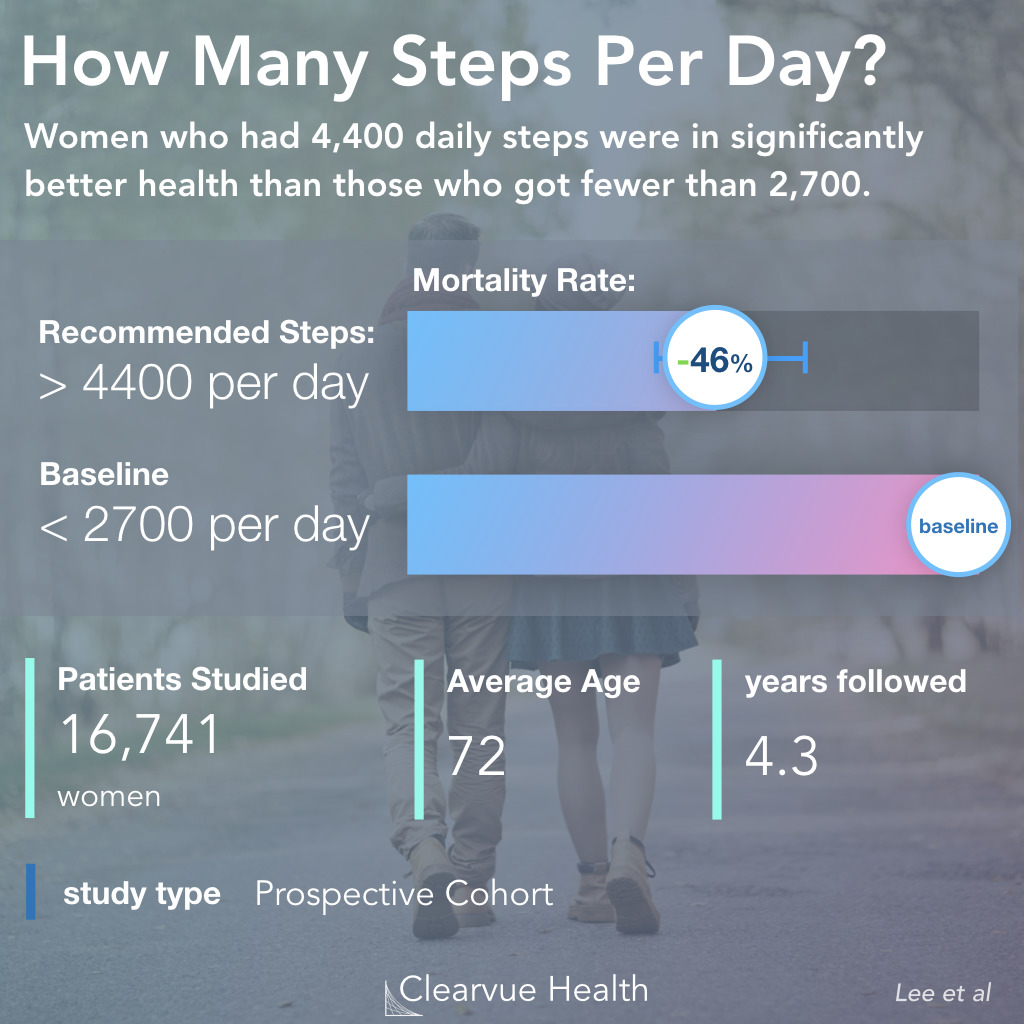
Figure 1: Statistics on 10,000 steps per day. 4,400 per steps provides significantly more health benefits than taking fewer than 2,700 steps per day. Volunteers who took at least 4,400 steps per day had a 46% lower mortality rate than those who took fewer than 2,700 steps per day. The data was obtained from 16,741 older women who were age 72 on average. They were followed for 4.3 years.
How many steps should you take per day?
Fitbit likes to say 10,000 steps is a good goal. However, is this actually backed by science?
It turns out, there is no magic to the number 10,000, it just sounds pretty cool.
A new study that followed 16,741 older women, who were given step count trackers, shows that walking has significant health benefits.
Surprisingly, even women who only got 4,400 steps still received most of the benefits of walking 8,000+ steps.
Source: Association of Step Volume and Intensity With All-Cause Mortality in Older Women
This study on step count used overall mortality as an endpoint. Overall Mortality represents a person's risk of dying from any cause. This corresponds to a lower life expectancy. Diseases and other factors such as smoking can increase overall mortality. Healthy lifestyles with good diets and exercise can decrease overall mortality.
Step Count & Mortality Risk Data
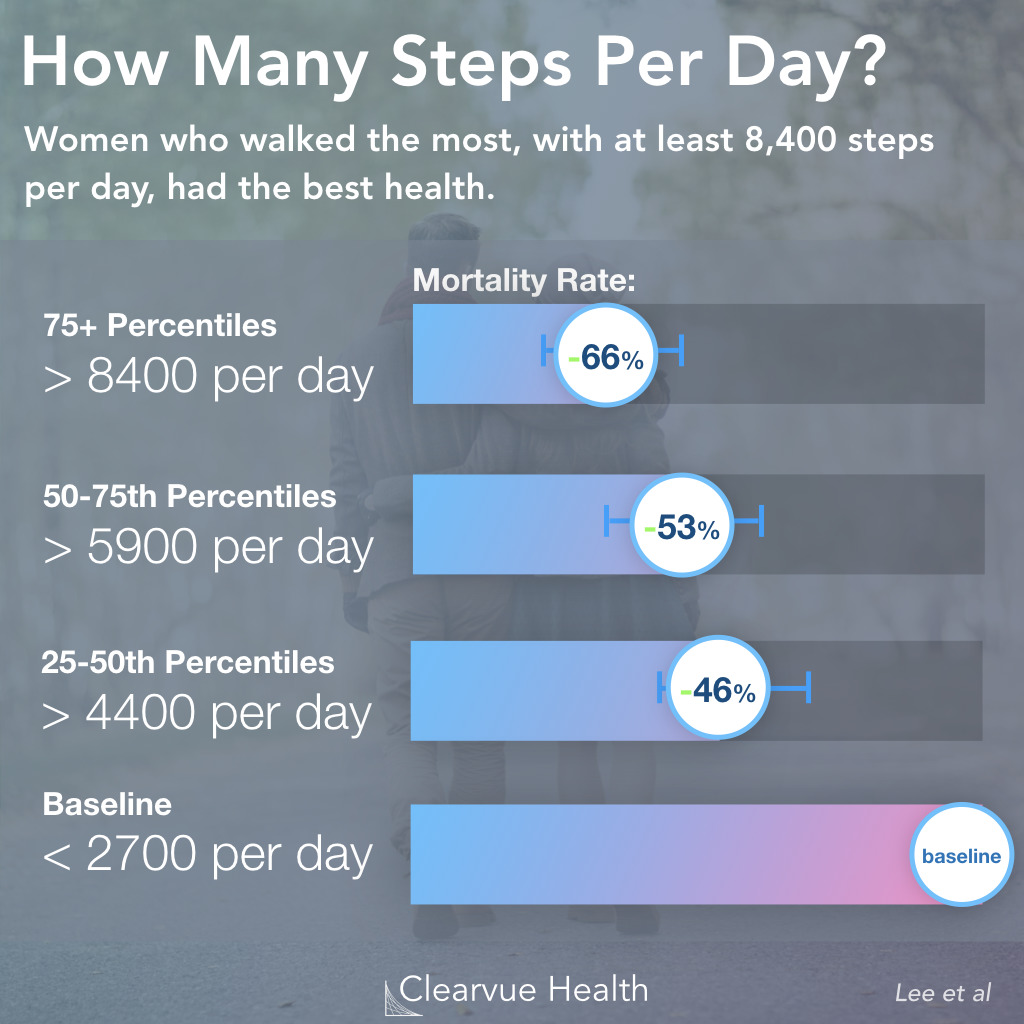
Figure 2: Step Count & Mortality Risk Data. The benefits of walking and running are the greatest between 2,700 and 4,400 steps. Women who got between 4,400 and 5,900 steps per day had a 46% reduction in their risk of death. Women who got between 5,900 and 8,400 steps per day had a 53% reduction in their risk of death. Women who got more than 8,400 steps per day had a 66% reduction in their risk of death. Bars represent overall mortality. All values are compared to women who got fewer than 2,700 steps per day.
As you can see in the bars above, the drop in mortality risk is greatest between 2,700 and 4,400 steps. Women who got more than 4,400 steps lived longer, but each additional step provided fewer benefits.
Volunteers who got more than 8,400 steps per day had an approximately 66% lower risk of dying in any given year compared to volunteers who got fewer than 2,700 steps per day.
Volunteers who got more than 4,400 steps per day had a 46% lower risk of dying from any cause.
Statistical relationship between step count and mortality risk
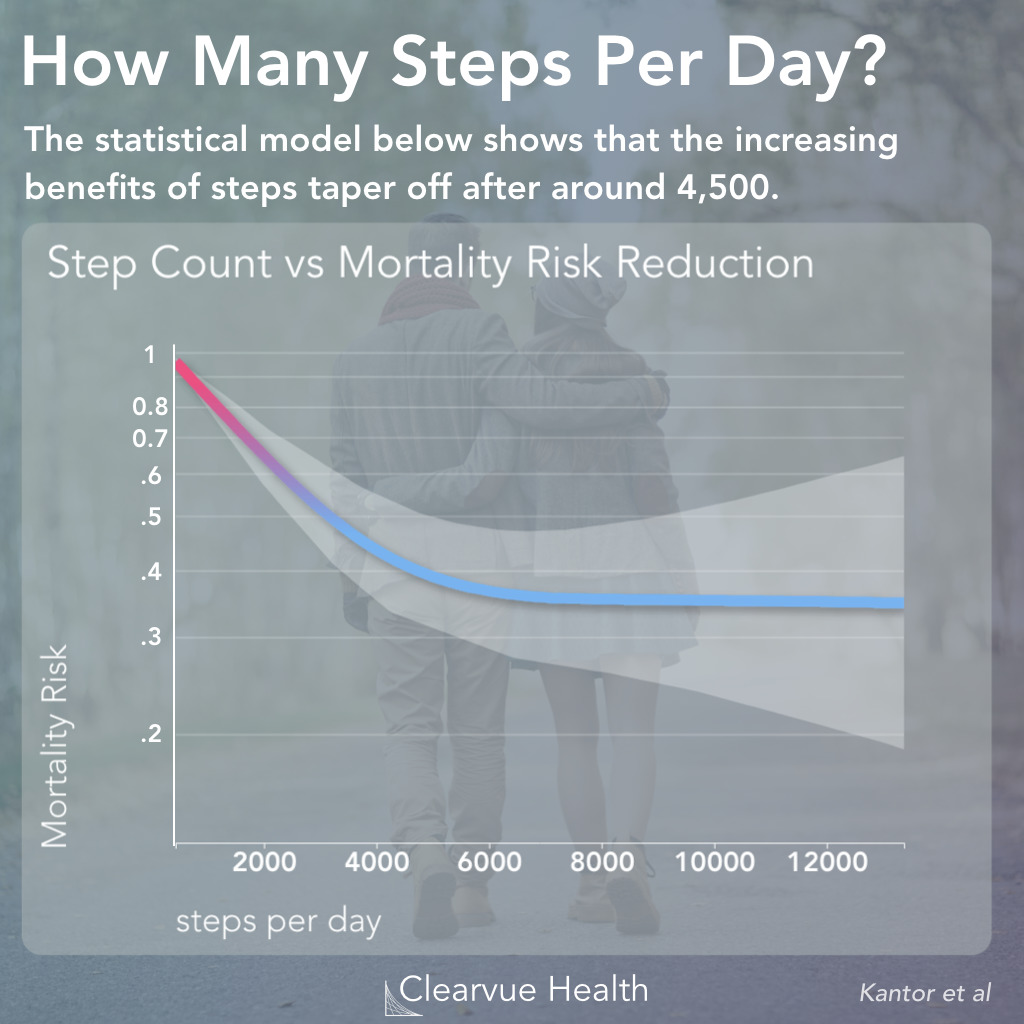
Figure 3: Statistical relationship between step count and mortality risk. The statistical model was generated based on data from 16,741 older women who were age 72 on average. They were followed for 4.3 years. The benefits of taking more steps tapers off at just over 4000 steps. The line represents the mortality risk for a certain number of steps per day. The white area around the line represents the margin of error. Of note, the chart uses a log scale where lower mortality risks are scaled wider than higher mortality risks, as shown by the tick marks.
The chart above shows the relationship between how many steps to take and the reduction in your risk of death.
Researchers use data from all the women in the study and generated a statistical model showing the relationship between step count and mortality.
As you can see in the shape of the curve, the benefits of taking steps grows very quickly from 0 to 4500. They continue to grow after 4500, but the growth rate slows, meaning that each step you take up to 4,500 is a lot more important to your health than every step after 4500.
This study used a statistical model to show the relationship between step count and overall mortality. In this process, researchers take the raw data generated in the study and try to find an equation or a "line" that best fits and captures the relationship between the variables. The benefits are that it allows you to easily see the trends within the data. The downside is that the model is not a perfect fit of the raw data. Also, there may be multiple possible models that fit the data well, which may not be presented.
Does it matter how fast you step?
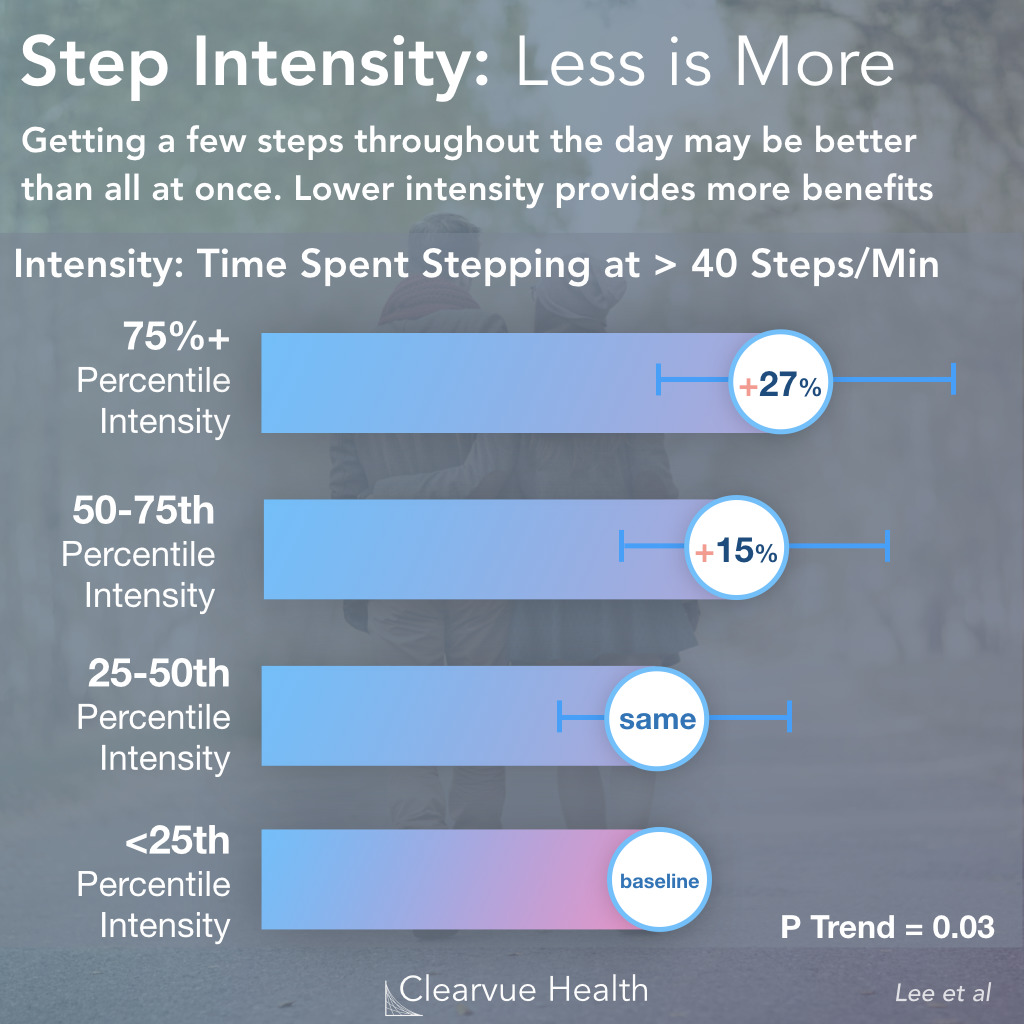
Figure 4: Walking vs Running: Step Count & Mortality. For the same number of steps, taking them slowly may be better than doing them all at once. When controlled for step count, women who were in the 75% percentile of "step intensity," as measured by the amount of time with more than 40 steps per minute, had fewer benefits from stepping.
Does it matter how fast you step?
Surprisingly, it does but not in the way that you might think.
For the same amount of steps, taking them slowly might be more beneficial than taking them quickly. It may be better to take a few steps throughout the day than to take them all at once.
Generally, volunteers who take a lot of steps very quickly live significantly longer than those who don’t.
However, once we control for the number of steps, those who got the same about the steps slowly actually received more benefits than those who did it very quickly.
+
+
Sample Size - This study used a very large sample set which increases the validity of the results.
+
Variable Adjustment - The study adjusted for age, smoking, alcohol, diet, heart disease, cancer, BMI, high blood pressure, high cholesterol, and diabetes.
+
Strength of Findings - This study found significant and clinically relevant effects.
+
Data Collection - This study used accelerometers, which provides more objective data than survey data.
Key Takeaways
This study provides a very clear answer to the question of how many steps you should take per day.
Set yourself a goal of at least 4500 steps per day. But, definitely strive to get more if you can.
When you are taking steps, be sure to take them throughout the day. A run is fantastic for getting a lot of steps very quickly. But, if you can get the same amount of steps by walking to the water cooler, go for it. That might actually be better for you.
The researchers controlled are many variables in this study. The methodology was solid. For topics like these, this is the best type of research as clinical trials are not feasible.
Centers for Disease Control
Walking is a great way to get the physical activity needed to obtain health benefits. Walking does not require any special skills. It also does not require a gym membership or expensive equipment. Why not! Add walking as part of your daily routine.
National Institutes of Health
Brisk walking is great exercise, and like other endurance exercises, it can increase your heart rate and breathing. Endurance exercises keep you healthy, improve your fitness, and help you do the tasks you need to do every day.
Clearvue Health is not affiliated with above organizations. The information above is provided to highlight and link to useful further reading.





